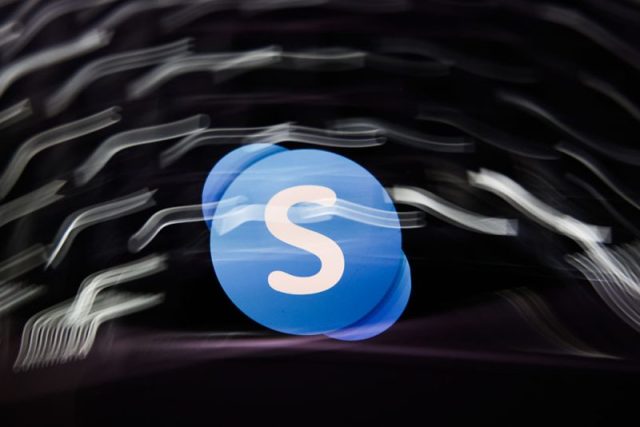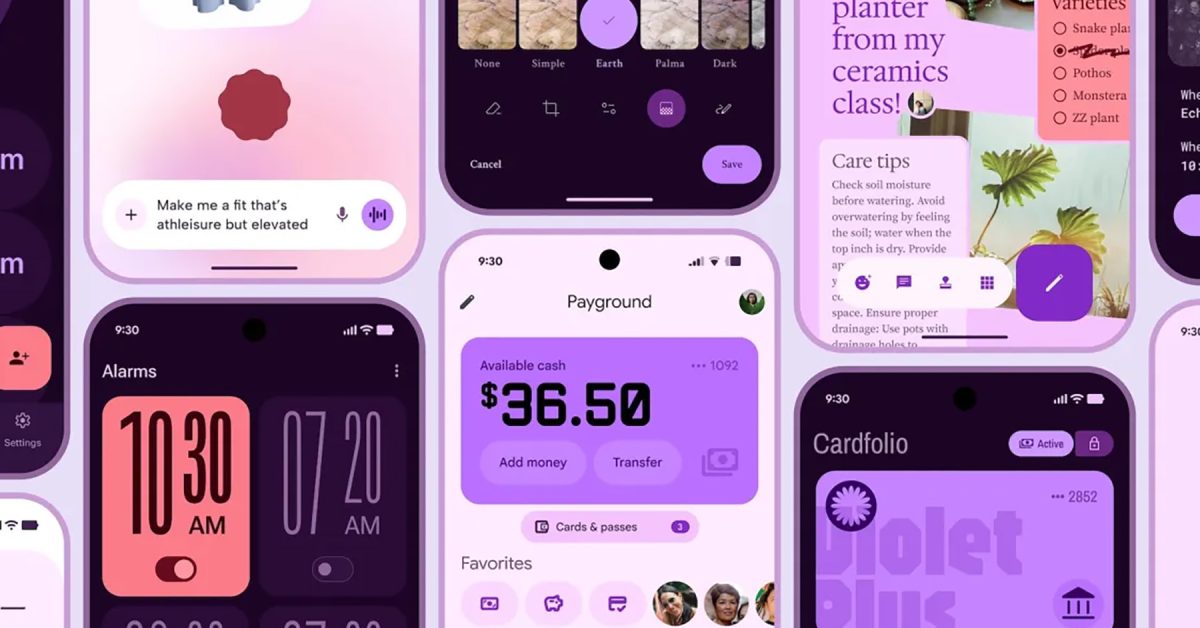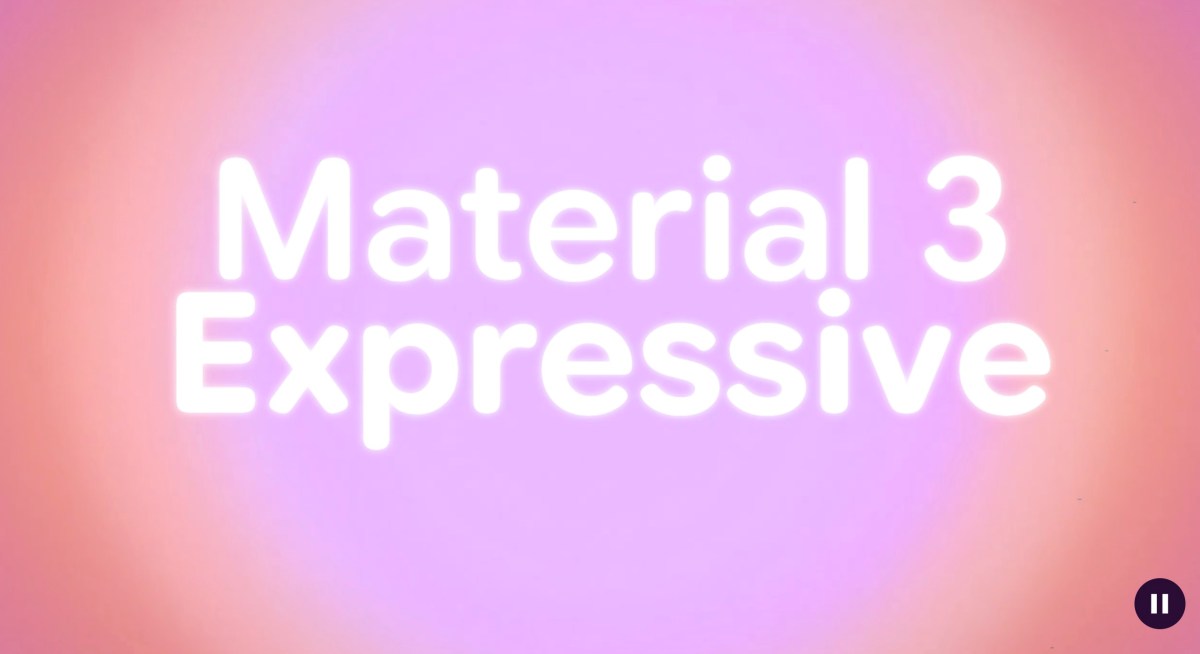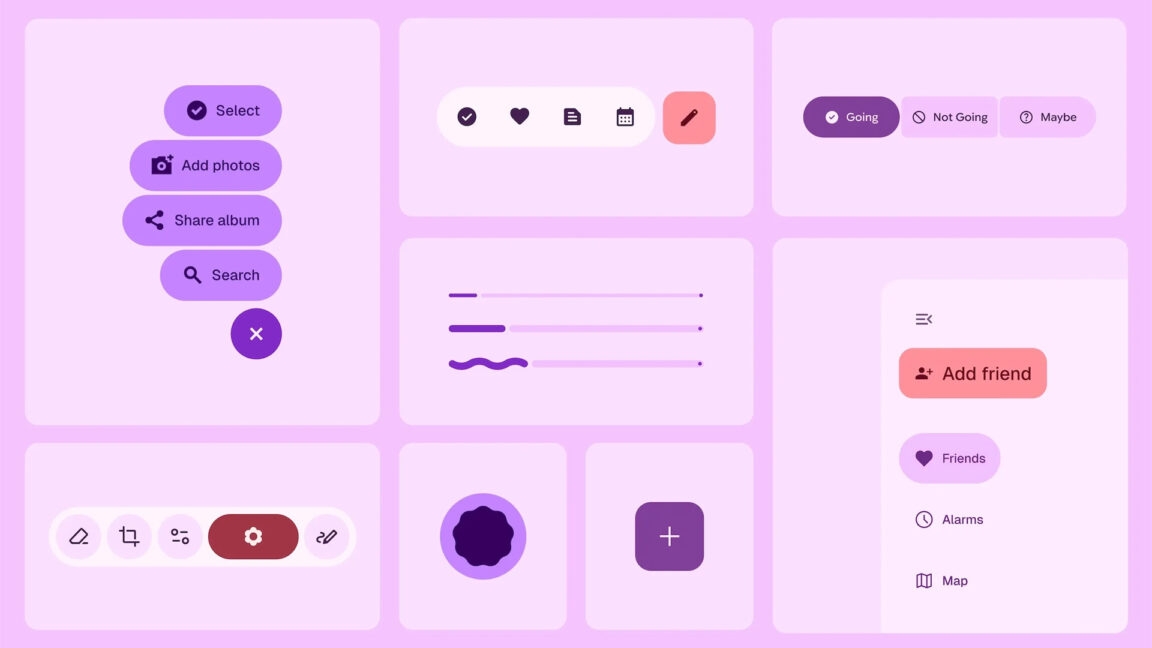
End of an Era: Skype's Final Call - How Microsoft's Pioneering Video Chat Platform Fades into Digital History
Farewell to Skype: An Era of Video Chatting Comes to an End
After an impressive 21-year journey that revolutionized digital communication, Skype has officially bid farewell to its users. On May 5th, the once-pioneering video chat platform that connected millions worldwide gracefully concluded its remarkable run, marking the end of an iconic technological era.
For over two decades, Skype was synonymous with international video communication, helping people bridge geographical distances and stay connected in ways previously unimaginable. From family reunions to business meetings, the platform played a pivotal role in transforming how we communicate across borders.
While newer communication technologies have emerged, Skype's legacy as a groundbreaking communication tool remains undeniable. Its retirement represents not just the end of an application, but a nostalgic milestone in the evolution of digital connectivity.
As users transition to alternative platforms, Skype's contribution to global communication will be remembered as a significant chapter in the digital communication revolution.








